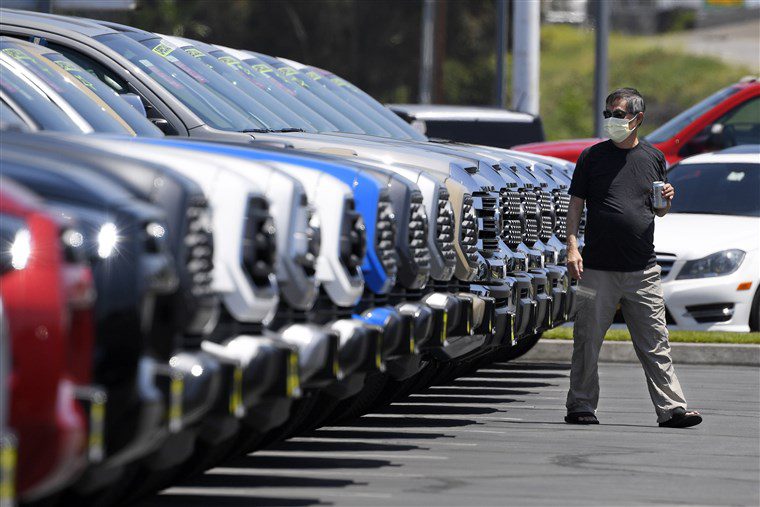As with nearly all industries, the on-going social distancing restrictions put in place to combat COVID-19 are impacting the way vehicle manufacturers and the dealerships do business. What will be the new normal in the short and long term for this industry?
A Worldwide Crisis Forces Abrupt Changes
Because of the shake up to world economies and stringent public health restrictions, the auto industry is unable to conduct business-as-usual. Up until now, a customer could just walk into an auto dealership at their convenience to view a vehicle, ask for advice, take a test drive, research the cost and affordability of the vehicle, or complete a sale. Now, dealerships and OEMs have had to adapt to a new normal that embraces digital tools to meet customers online, provide an alternative to an in-person test drive, secure financing, and arrange delivery of the new or used vehicle. While some dealerships had an online presence to facilitate some of this, few had sites technically complex enough to conduct 100 percent of their business online. Many are now trying to make this shift quickly and without much advanced planning.
As state and local governments put restrictions into place, dealerships have had to spring into action to adapt for the safety of their staff, and to ensure the survival of their business. Social distancing and other precautions have caused a delay in new vehicle manufacturing and disrupted the supply chain across the globe. Even as manufacturers have slowly adapted to the current moment, additional modifications will be needed. It will take time for management, employees, and customers to adjust.
The Current Environment for the Auto Industry
As the public health crisis has compelled many people to stay home, consumers have had more free time to browse online, research potential purchases, and even place orders for goods without going to the store. Prior to the start of this crisis, the automotive industry was already experiencing changes in buyer behavior with about 97 percent of auto buyers starting their vehicle search online, and 50 percent of those buyers spending 30 days or less looking for a car or truck. Now, auto buyers are still looking at products online. They will spend their time and money online instead of popping into the dealership. Manufacturers and dealerships that have embraced live customer engagement solutions for online shoppers have a competitive advantage now (For example – Hyundai’s Online Showroom), and those that haven’t need to move quickly to survive. Live engagement gives dealerships and auto manufacturers the tools to assist potential car or truck buyers via live chat with voice and video. Using a mobile camera, an agent can also provide live images of the vehicle during the live engagement.
Live Engagement Is the New Normal Now and in the Future
Even as some restrictions have begun to be lifted, auto dealerships will likely still need to limit the number of customers who are in the building in order to keep everyone safe. Those companies that invest in live engagement technologies should be able to shift a lot of the customer experience online, minimizing the need for people to come to the dealership in-person. Dealership websites can use AI-powered chatBOTs to attend to after-hours inquiries, answer basic research questions from prospective buyers, and pass qualified customers off to live online agents. Live agents can provide everything from a multi-camera video tour of a vehicle, to assistance in filling out financial forms via co-browsing. Face-to-face video chat can help build trust and provide a personal connection with new customers from the comfort of their homes. Live engagement can make the car/truck buying process safe and efficient not only for buyers, but also for dealerships and their staff. The more the buying process can be facilitated online, the less people will have to come into the dealership. If the buying process is streamlined via live engagement, more shoppers can be attended to digitally and more vehicles could be sold in a short window of time.
COVID-19 has disrupted the auto industry, and it’s unlikely that the industry will go back to the way it was once the crisis has passed. A shift to creating a strong online customer experience has been accelerated by the current situation, and those dealerships that embrace this will come out stronger on the other side of this pandemic. Many dealerships have invested in CRM or lead systems, and now must further develop live engagement strategies to build relationships with new customers and drive sales.
Did you enjoy this article from Priya Iyer? Read other articles from her here.
Car Biz Today, the official resource of the retail automotive industry.


While you’re here, don’t forget to subscribe to our email newsletter for all the latest auto industry news from CBT News.








